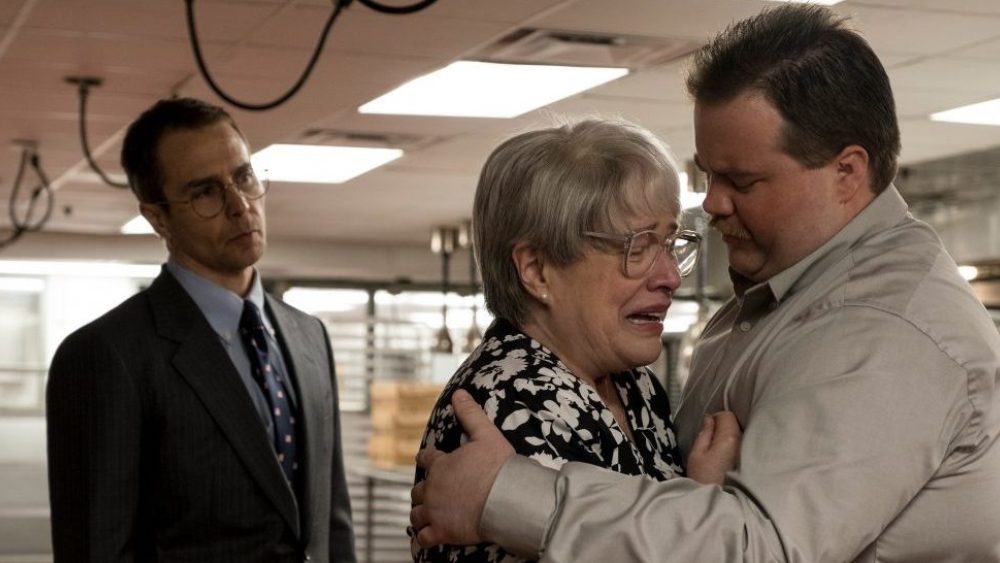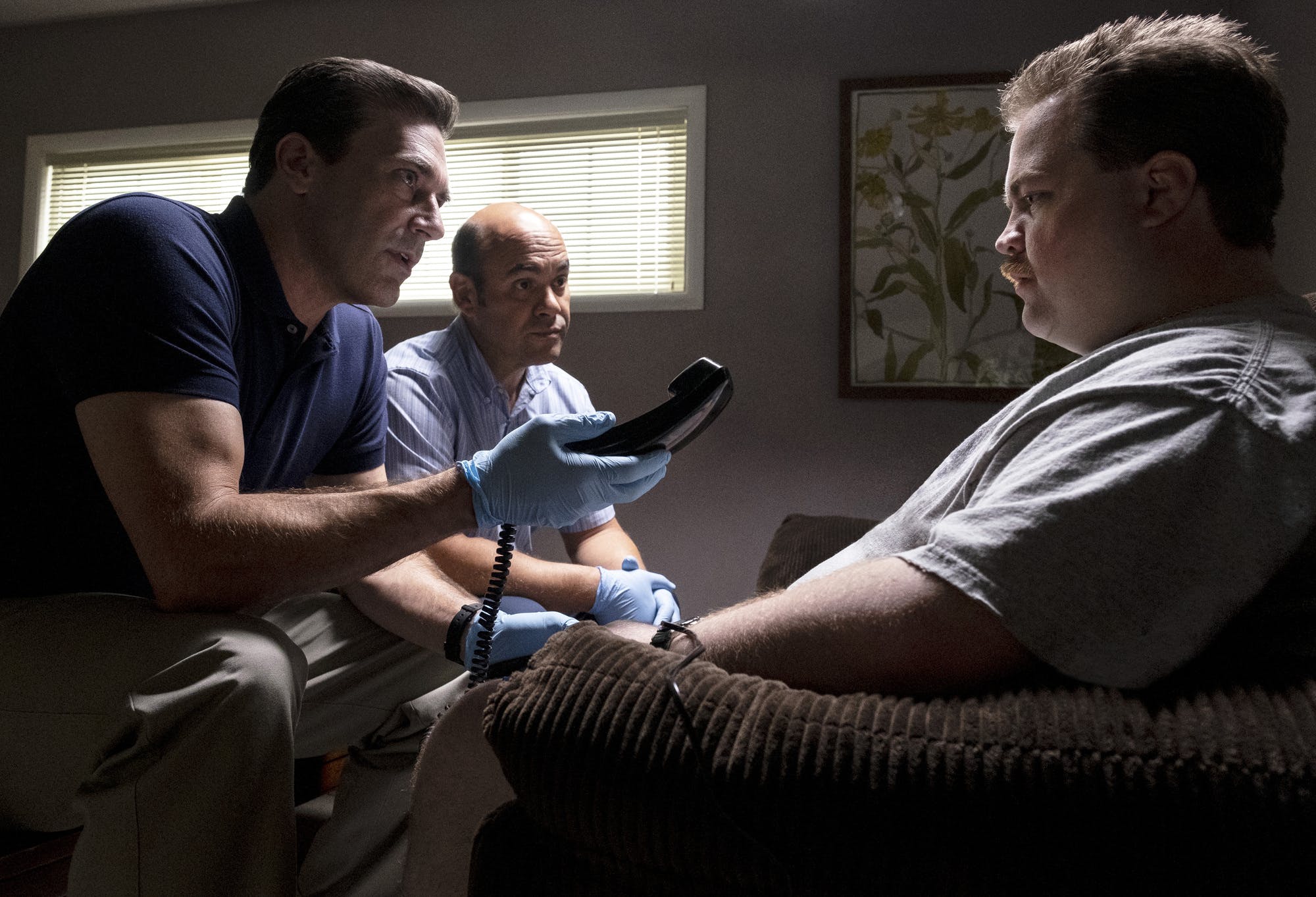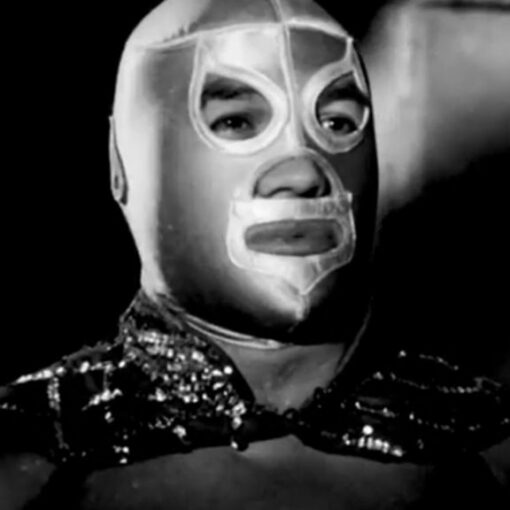Under the radar, but vatic, director Clint Eastwood’s latest film takes a look at the falsely accused—and how being falsely accused is, oftentimes, the same thing as being legitimately accused: either way the damage is irreparably done.

Paul Walter Houser is Richard Jewell, an overweight and overzealous for-hire security guard aspiring to be a police officer. He’s a real person—unphotogenic, overweight, quirky—the real-life man who discovered a pipe bomb at the 1996 Olympic games in Atlanta, Georgia and, following the event, was acknowledged as a person who saved lives. Oscar-winner Kathy Bates plays Bobi, Richard’s hard-working, supportive mother, a woman terrified that she won’t be able to keep her emotionally-dependent live-at-home son out of harm’s way.
It’s a real fear; especially given the fact that once Richard is identified as a “person of interest” by the FBI as the potential in-need-of-attention bomber hits the papers, and then the airwaves, Richard and Bobi watch as their small, incidental lives become media-big. In a flash they’re overwhelmed and unwilling participants in a government sanctioned scam.

Is it possible that Richard planted the bomb? Inquiring journalist Kathy Scruggs (Olivia Wilde) thinks so. She’s the one who broke the story—and wasn’t shy about exchanging sexual favors for the scoop. FBI agent Tom Shaw (Jon Hamm) also believes Richard had something to do with the bombing—perhaps with an accomplice. Richard’s only supporters are his mom and his lawyer, Watson Bryant (Sam Rockwell), a man who remains conflicted: not about Richard’s innocence, but about Richard’s dishearteningly retiring demeanor, inability to speak up for himself, and subterfuge.
Clint Eastwood has made a directorial name for himself helming pictures that champion the underdog; the unseen and unconsidered, and Richard Jewell is his very-slow-to-boil latest: a film that won’t appeal to everyone—even though screenwriter Billy Ray’s script is didactic and informative.

Today Richard Jewell (dead at forty-four from a heart attack) is remembered for reasons that he and his mother would not have been happy with. It’s true that later in life Jewell moved from security guard to certified “law enforcement officer” in a small southern station house, but it’s also true that his story illuminates an ugly, modern, oppressive truth: anyone, at any time, can have their entire life and experiences, their relationships, their intent, reconfigured and re-represented to the word for politically advantageous popular consumption.






